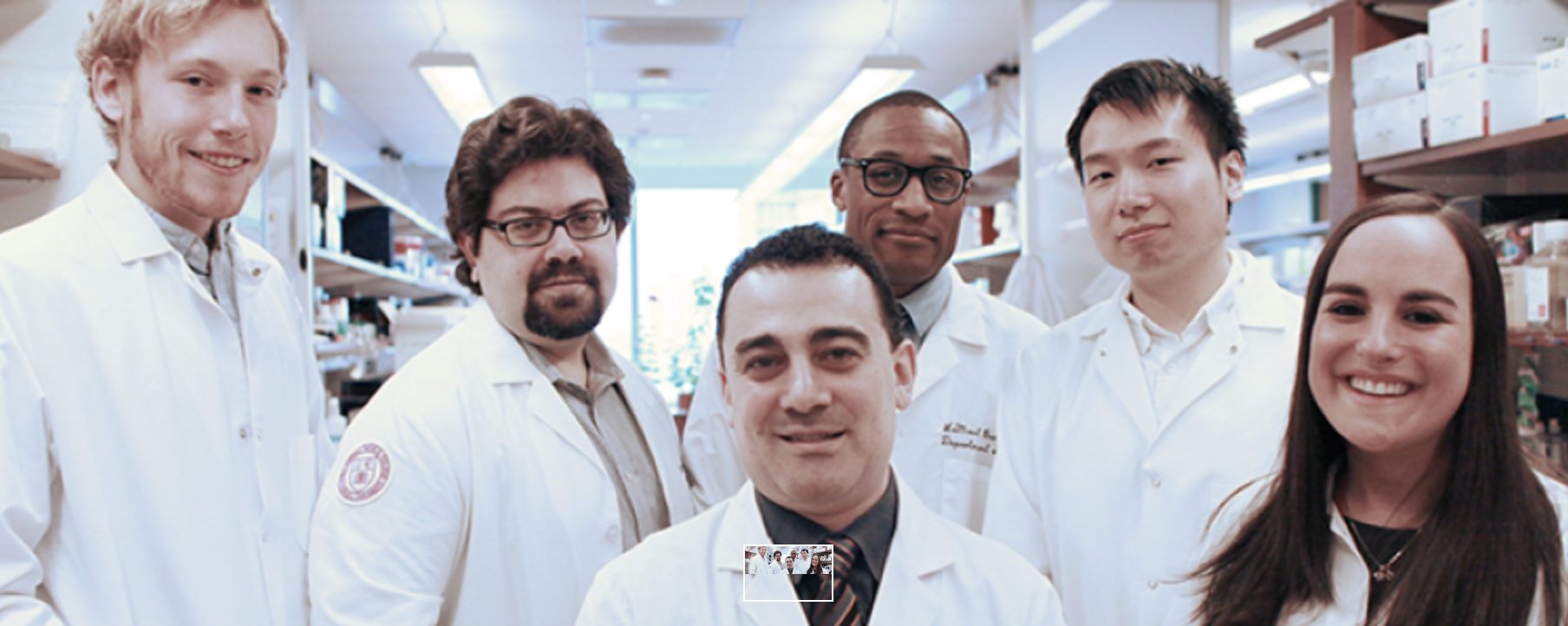
Dr. Faltas is Assistant Professor of Medicine, Cell and Developmental Biology at Weill Cornell Medicine, and Director of Bladder Cancer Research at the Englander Institute for Precision Medicine.
We hope you enjoy learning more about the work of Dr. Faltas and his team.
Please provide a brief overview of your background and work.
My name is Bishoy Faltas. My laboratory focuses on studying bladder cancer as a model disease for dissecting the fundamental biological mechanisms that drive the evolution of human cancers. Our goal is to improve the lives of bladder cancer patients by translating our discoveries into early-phase and first-in-human clinical trials.
What makes your research unique? Can you share with us some recent findings?
My research always starts with an attempt to solve a clinical problem or explain a clinical observation. At the same time, I believe that the only way to make a meaningful advance and to really answer the questions is to take the deep dive into very basic biology.
For example, we discovered that bladder cancers continuously evolve during the course of therapy. We are now trying to understand why that happens and to identify the mechanisms responsible for these changes, what I call “evolutionary drivers.”
I am very excited that one of our laboratory’s projects already transitioned from the bench to the bedside and translated into an investigator-initiated clinical trial. This trial will allow bladder cancer patients to receive an oral drug which inhibits the progression of the bladder cancer cells through the cell cycle before they have surgical removal of the bladder.
At the same time, we will be able to monitor how cancer evolves in real time. We will also establish bladder cancer organoids which are mini- tumor “avatars” from each patient to understand how the tumor adapts over time.
What excites you about your work?
One of my mentors previously said to me: you should have two projects, one that gets you up in the morning and one that helps you sleep at night. I am fortunate that all my projects get me up in the morning. I love coming to work every day. I enjoy working with my fantastic laboratory team and my amazing clinical colleagues to advance the field and to improve patients’ lives. I also really enjoy being part of the bladder cancer research community. It is a group of really dedicated researchers and compassionate clinicians with a great collaborative spirit.
When thinking about your research, what are some recent breakthroughs that are propelling the field forward? How will they impact healthcare and patient care in the future?
Immunotherapy is a major advance in the treatment of bladder cancer patients. We are now seeing its expansion into various disease settings including trying to cure more patients before surgery in the neoadjuvant stage. We are also part of several national efforts in this area including a trial to combine immunotherapy with chemotherapy and radiation in patients with muscle-invasive bladder cancer early on to avoid surgery and to preserve the bladder. My group is also working on different strategies to select patients who are most likely to benefit from immunotherapeutic approaches.
What are the short-term challenges that your scientific field is facing?
One of the challenges we face is raising awareness about bladder cancer. Even though it is widespread, this type of cancer has been neglected for almost thirty years. The bladder cancer research community has made tremendous therapeutic advances in the last five years and we need additional funding for bladder cancer research to maintain this new momentum and to make up for the lost time.
What else would you like to share with the Englander Institute for Precision Medicine community?
I am very excited about my new role as director of bladder cancer research at the Englander Institute for Precision Medicine. My priority is to encourage team science that benefits bladder cancer patients. I have had a longstanding collaboration with EIPM’s Director Dr. Olivier Elemento and several other EIPM investigators. The next phase will be to expand our reach to foster collaborations with other investigators who are focused on bladder cancer both nationally and internationally.
I am looking forward to seeing the fruits of these collaborations and the resulting advances in bladder cancer research and clinical care.
# # #
